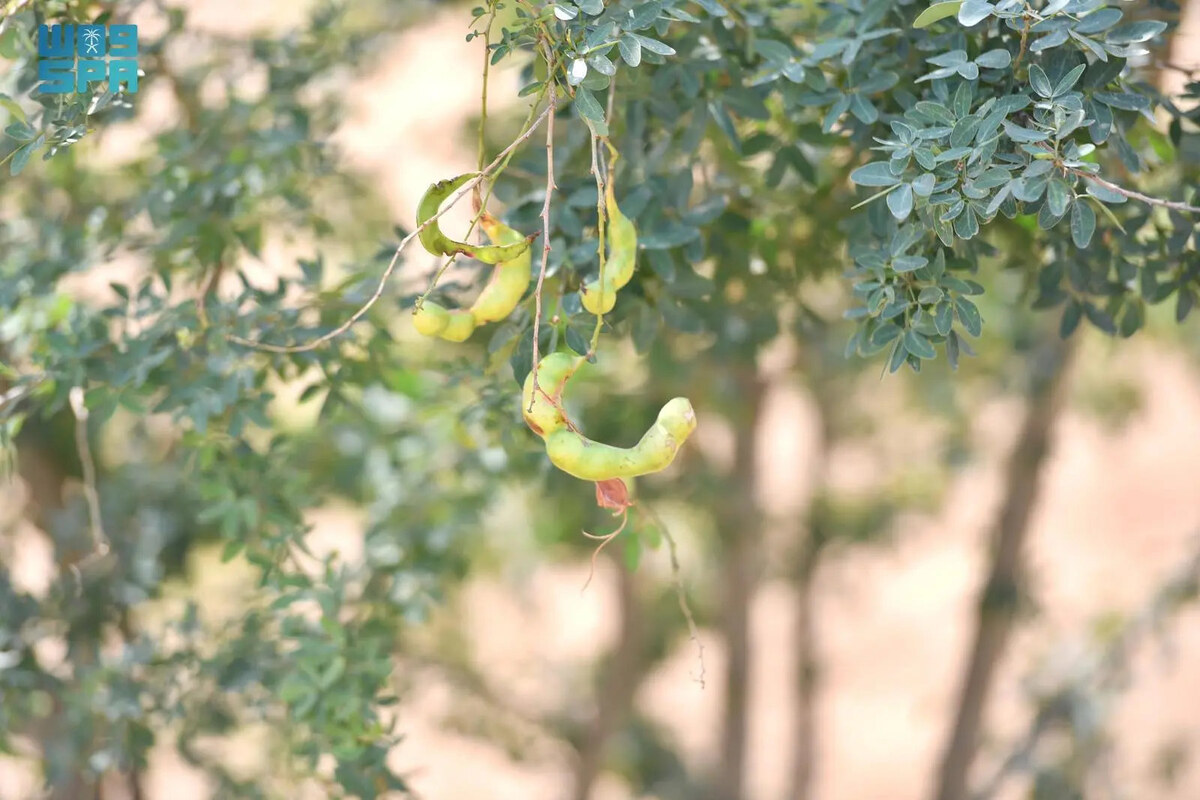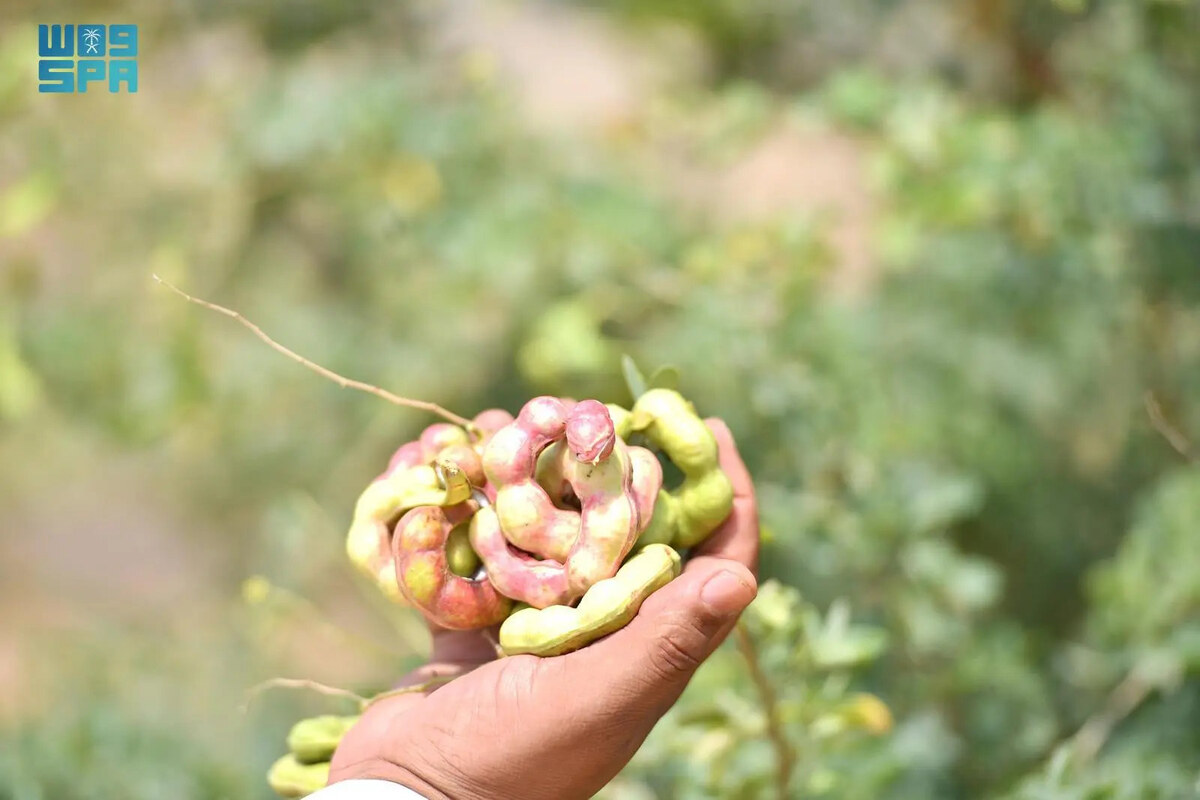RIYADH: Saudi Arabia has improved its desalination efficiency by 80 percent and halved costs by 50 percent in recent years, a top official from the Kingdom has said.
“Our achievements in desalinated water production in the last eight years are equivalent to what was achieved in the previous four decades,” Deputy Minister of Environment, Water and Agriculture Mansour bin Hilal Al-Mushaiti said.
He outlined the accomplishments at the 2025 Budget Forum hosted by the Ministry of Finance in Riyadh, calling the progress a “historic milestone” for the Kingdom, according to the Saudi Press Agency.
Daily desalinated water production has surged to 6 million cubic meters, contributing to a total capacity of 11.3 million cubic meters daily, he added.
The improvement is testament to the Kingdom’s commitment to water security, environmental sustainability and Vision 2030, the deputy minister said.
He highlighted the monumental scale of the Kingdom’s water infrastructure, noting that water production facilities are primarily located along the coasts, requiring water to be transported across thousands of kilometers.
“The water transmission network we have built spans more than 14,000 km — double the length of the Nile River,” he said. “It crosses mountain peaks, valleys and deserts to deliver water to communities across the Kingdom.”
Strategic water storage capacity has also seen a significant boost, rising from 13 million cubic meters in 2016 to more than 25 million cubic meters today.
“This expansion ensures the Kingdom’s resilience in times of crisis, guaranteeing reliable access to water for all regions,” said Al-Mushaiti.
He attributed the achievements to strong government support and private-sector collaboration.
“We have implemented 29 water projects worth SR28 billion ($7.46 billion), of which 30 percent — SR8 billion — is foreign investment,” he said.
Looking forward, Al-Mushaiti announced plans for private sector projects worth SR58 billion.
“We are building a system where public and private sectors work hand-in-hand to achieve national goals,” he said.
Technological advancements have played a critical role in the Kingdom’s water conservation efforts.
Al-Mushaiti said that by using innovation and sustainable practices, the Kingdom is saving more than 9 billion cubic meters of groundwater annually.
“That’s equivalent to the water consumption of the entire Kingdom’s population for three years,” he added.
During the COVID-19 pandemic, the water sector installed 2 million electronic meters, enabling more efficient billing and consumption monitoring.
“These meters send notifications to users when their consumption exceeds normal levels, promoting the principle of ‘responsible consumption’,” Al-Mushaiti said.
Furthermore, water rationalization initiatives in government agencies saved more than 31 million cubic meters of water in 2023 alone.
The ministry’s efforts have also spurred growth in the agricultural sector, which has seen its contribution to gross domestic product rise from SR64 billion in 2016 to SR109 billion in 2023.
“We achieved self-sufficiency rates for many crops that now exceed 100 percent,” Al-Mushaiti said, adding that these gains reflect the success of policies aimed at conserving water resources while boosting productivity.
On the environmental front, Saudi Arabia is making strides with its Saudi Green Initiative.
Al-Mushaiti said that in just three years, the country has planted more than 95 million trees using renewable water and supplementary irrigation.
“This number will surpass 100 million by the end of the year, marking the start of a green era for the Kingdom,” he said.
The deputy minister also highlighted Saudi Arabia’s leadership in addressing global water challenges.
“Water is the backbone of life and development, and achieving sustainability is one of the greatest global challenges,” he said.
In this regard, Crown Prince Mohammed bin Salman in 2023 announced the establishment of the Global Water Organization, headquartered in Riyadh.
The decision underscores Saudi Arabia’s commitment to advancing water sustainability worldwide, Al-Mushaiti said.
He added that the World Bank has recognized Saudi Arabia’s water system as unique and a model that others should study.
As Saudi Arabia pushes forward with its ambitious plans for water security, agriculture and environmental sustainability, Al-Mushaiti concluded with optimism: “The journey so far has been remarkable, but the best is yet to come.”

































